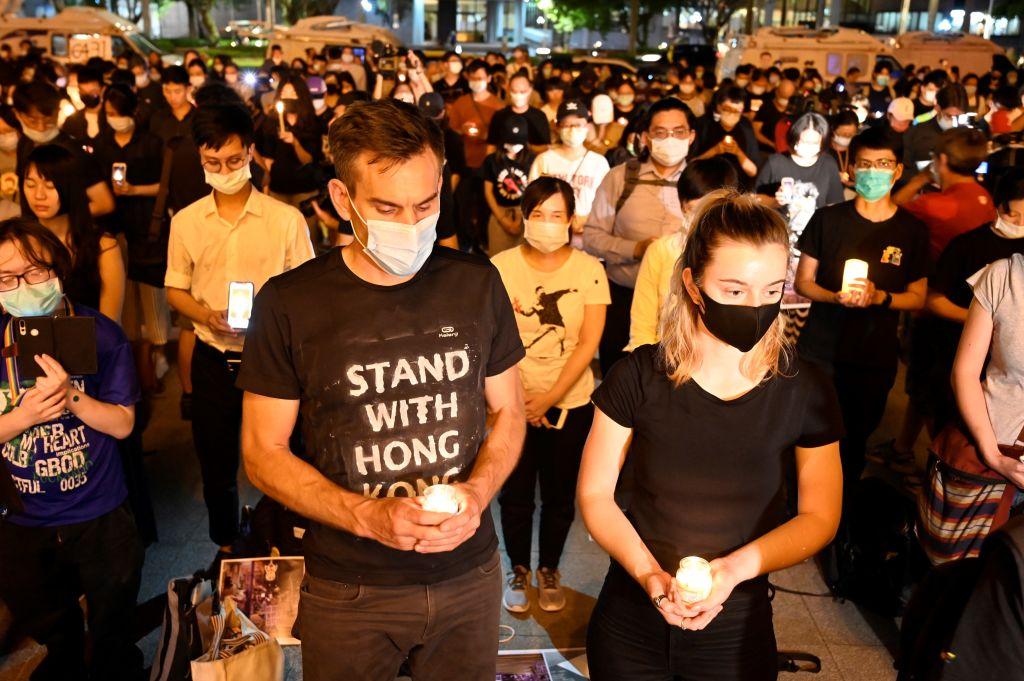TAIPEI, Taiwan—Two mainland Chinese reporters left Taiwan on July 3 after being expelled by local authorities for violating local regulations governing Chinese journalists working on the island.
Ai Kezhu and Lu Qiang, who are reporters for China’s state-run Southeast Television, a broadcaster based in China’s Fujian Province, acted as hosts of political talk shows produced in Taiwan without disclosing such job descriptions when they applied for media credentials, according to Taiwan’s Mainland Affairs Council (MAC), which is the island’s top government agency in dealing with cross-strait affairs.




